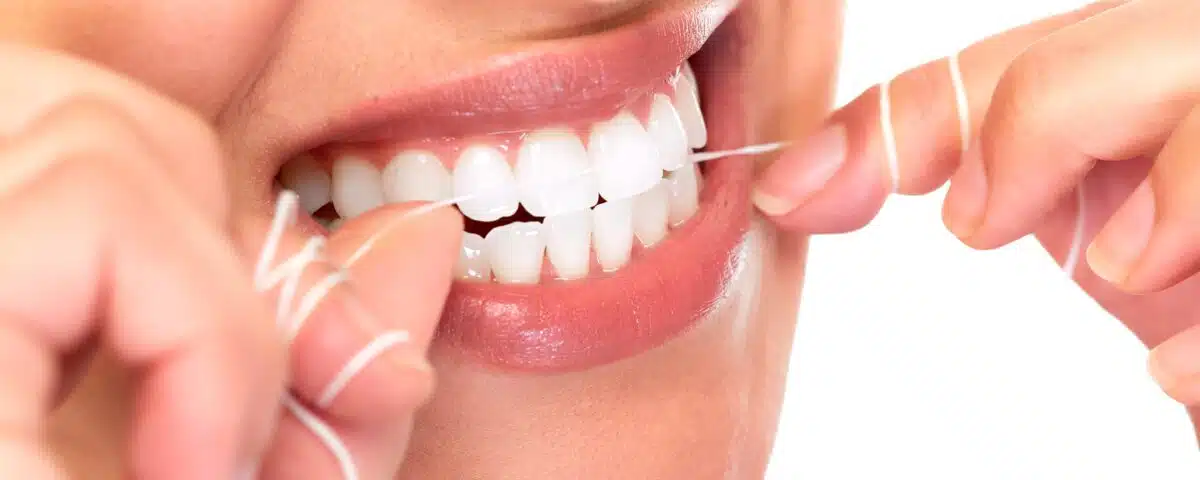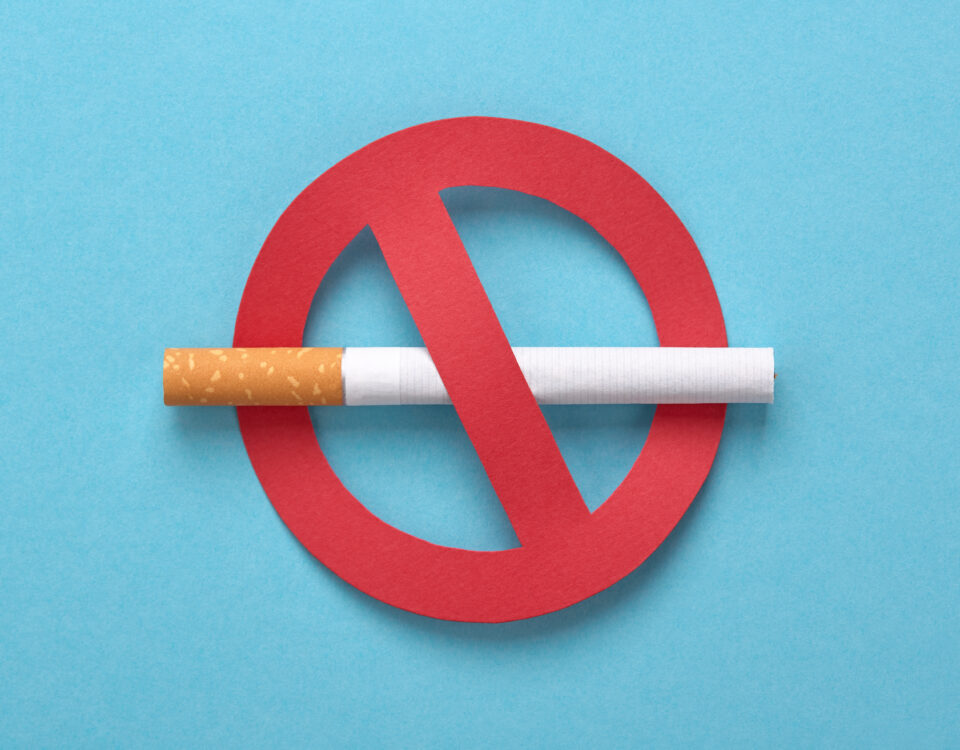What Happens if You Don’t Floss Your Teeth

Who Could Benefit from Sedation Dentistry?
January 26, 2024
National Toothache Day: 5 Ways to Treat it
February 8, 2024What Happens if You Don’t Floss Your Teeth

Flossing is an often-overlooked part of oral hygiene, yet dentists constantly emphasize its importance. Though it may seem like a minor addition to brushing, flossing plays a crucial role in maintaining a healthy mouth and overall well-being. This blog post explores the consequences if you don’t floss your teeth and provides insights on the best flossing techniques.
Oral hygiene extends beyond the twice-daily brushing routine; it includes a thorough flossing regime as well. Flossing reaches the recesses between your teeth and under the gumline, areas that are typically inaccessible to a toothbrush. Its significance becomes glaringly evident when we consider the potential consequences of skipping this step.
The Effects of Not Flossing
The absence of flossing can lead to several dental issues, highlighting its critical role in oral care.
Plaque Buildup and Tartar Formation
When food particles and bacteria accumulate on teeth, they form a sticky substance known as plaque. Flossing helps remove this plaque, but if neglected, plaque can harden into tartar—a substance that only a professional cleaning can remove. Tartar not only adds a yellow or brown tint to your teeth but also provides a thriving ground for additional plaque buildup, leading to a vicious cycle of dental distress.
Gum Disease and Inflammation
When plaque extends below the gumline, it can cause inflammation known as gingivitis. Persistent inflammation can progress to periodontitis, a severe form of gum disease that damages the soft tissue and bone supporting the teeth. Symptoms include red, swollen gums that may bleed during brushing or flossing.
Tooth Decay and Cavities
The acids produced by bacteria in plaque can erode tooth enamel, leading to decay. The tight spaces between your teeth are prime targets for this process as they receive less exposure to fluoride from toothpaste and are harder to clean, strongly making the case for regular flossing.
Bad Breath and Oral Hygiene
Neglecting to floss also contributes to bad breath, medically known as halitosis. The food particles trapped between teeth decompose and, along with the bacteria, produce an unpleasant odor, indicating poor oral hygiene.
The Link to Overall Health
Increasing evidence shows that oral health is intricately connected to systemic health, meaning that the implications of not flossing extend beyond your mouth.
Increased Risk of Heart Disease, Diabetes, and Respiratory Infections
Gum disease has been linked with heart disease, as the inflammation associated with periodontitis may increase the risk of heart attack and stroke. Moreover, diabetes and gum disease have a two-way relationship, with each condition exacerbating the other. Respiratory issues can also arise from inhaling bacteria from infected gums and teeth over long periods.
Tips for Effective Flossing
To keep these issues at bay, integrating flossing into your daily routine is necessary. Here are some tips for effective flossing:
Proper Flossing Technique
Gently slide the floss between your teeth, following the curve of each tooth and ensuring you reach beneath the gumline without being too forceful.
Choosing the Right Flossing Tools
There are various types of floss to choose from, including waxed, unwaxed, dental tape, and even water flossers for those who find conventional flossing difficult.
Frequency and Consistency
The American Dental Association recommends flossing at least once a day. Consistency is key for optimal results, so find a time that works for you and stick to it.
In the grand scheme of health and wellness, the act of flossing may seem minor, but its impact is anything but. Flossing should be a non-negotiable aspect of oral care. By committing to floss daily, you’re not just preserving your smile—you’re taking a proactive step towards a healthier life. Your future self will thank you for every strand of floss that prevents dental problems and protects your overall health.
Remember, it’s never too late to start. Make flossing a regular part of your oral hygiene routine and ensure you’re armed with the right technique and tools to maintain optimal oral health. Your mouth (and your dentist) will notice the difference. Let’s make flossing a habit that sticks!
Make an Appointment with Mountain Aire Dentistry
At Mountain Aire Dentistry, we emphasize the importance of flossing as part of our comprehensive approach to oral health. Our team is committed to helping you achieve and maintain a healthy mouth through personalized treatment plans and expert dental care. If you have any concerns about your oral hygiene or would like to schedule an appointment, please don’t hesitate to contact us today! Let
When you visit our Broomfield dental office, your smile is our top priority. Our Dentists invite you to experience the difference a warm and caring team can provide for you and your family. Enjoy a unique and comfortable dental experience designed to bring a healthier and happier smile back into your life. We invite you to call or visit our Broomfield dental office and discover the exceptional difference we offer to those we serve.













